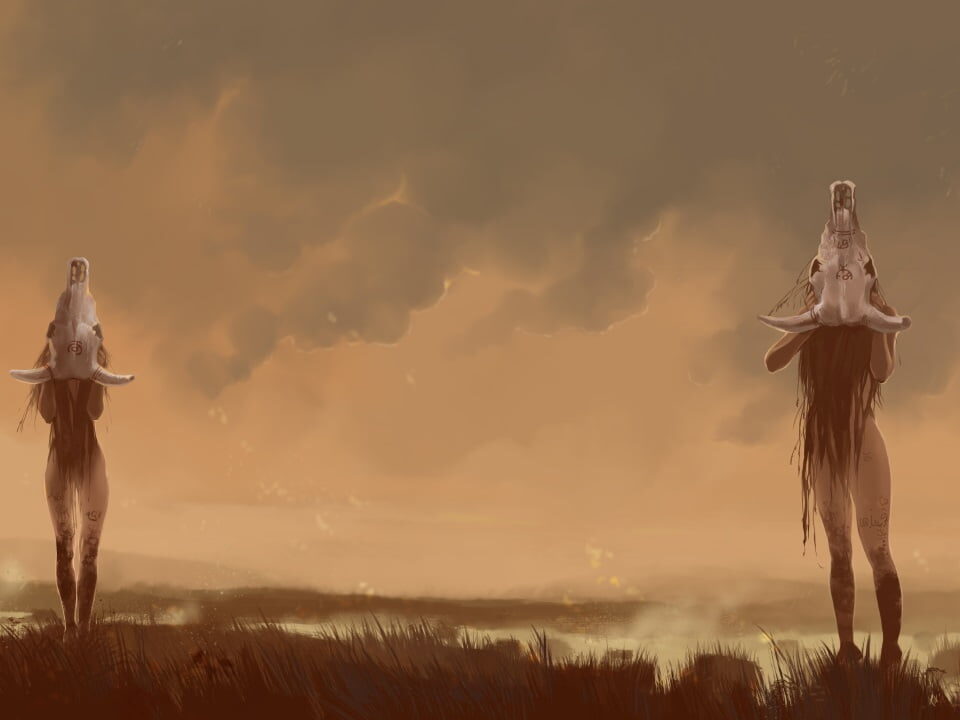I can say with almost complete certainty that you’ve never played a game quite like Pathologic 2 from Ice-Pick Lodge.
It defies convention in every conceivable way, from the surreally philosophical tale it weaves to the brutal survival mechanics that make its world so punishing to traverse. Frankly, it’s bizarre. So bizarre in fact that I’d say it’s not only a game that isn’t for everyone, but a game that hones in on such a dedicated, niche, and specific audience that it’s near impossible to recommend with a clear conscience.
However, the more time I sank into the game’s sadistically strange world, the more I found Pathologic 2 getting under my skin. Its bonkers story and frustrating survival mechanics may not be accessible, but after you survive your initial few hours in its maddening world, you realise how unique and engaging it is in comparison to other, more traditional survival experiences. Its unforgiving nature creates a sadistic and disturbing odyssey, where choices aren’t black or white and you’ll never have enough time to save everyone. I don’t think I’ve ever seen a game that manages to weave story, gameplay and tone so seamlessly together, even if the result might not be to everyone’s taste.
The beginning of the game sees your character, Artemy Burakh, return to his childhood home after receiving a cryptic letter from his father. To his surprise, he arrives to finds his father murdered, his neighbours under the impression that he’s the killer, and a mysterious plague ravaging the local town. From here you have 12 days to clear Burakh’s name, find his father’s killer, and distribute a viable cure. This isn’t a linear experience, though. Those 12 days tick away, eating up in-game time, meaning that if you don’t complete an objective, it’s lost forever.
To make this goal more difficult, Burakh needs to eat, sleep, drink and maintain his own resistance to the infection by scavenging resources and finding time to rest. While this is initially a minimal problem, the growing impact of the plague makes items harder to find while free time to sleep becomes practically non-existent. Alongside this, you need to maintain the health of the town’s people, crafting elixirs and tonics to help fight sickness. Once they are infected, there are very few options to cure them and the disease is usually fatal, meaning you’ll need to boost the immunity of the citizens on a daily basis.
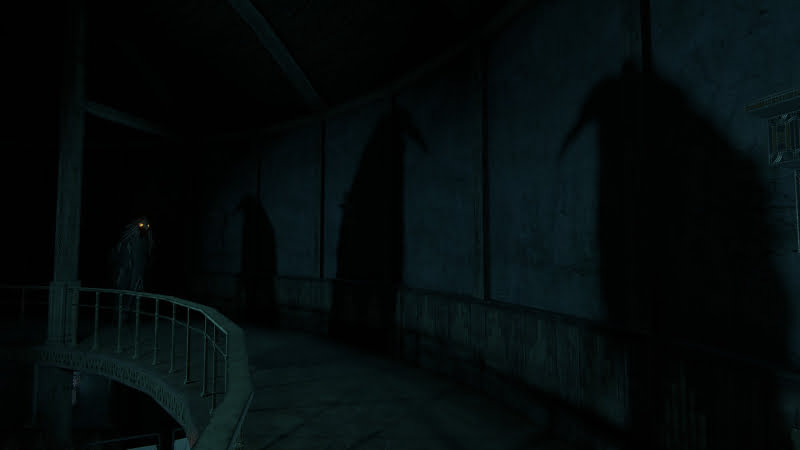
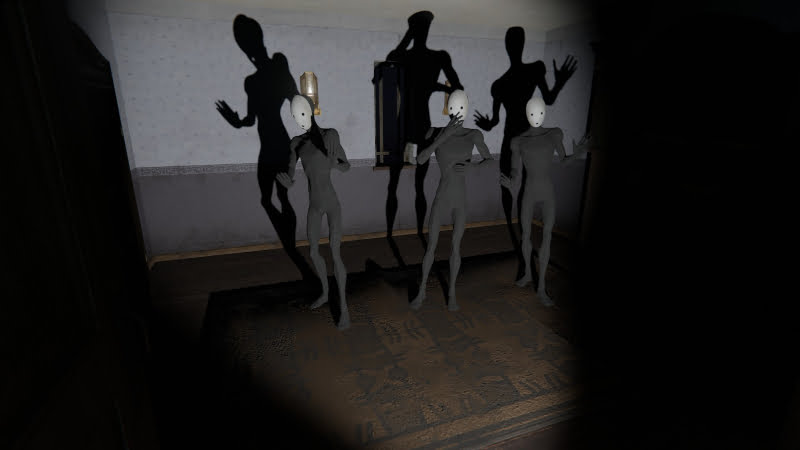

It’s here that Pathologic 2 will either grab you or completely turn you away. On the one hand, maintaining Burakh’s needs means you need to be selfish in which objectives you choose to complete. This makes for some of Pathologic’s most naturally interwoven choices. You need to forgo many of the town’s smaller pleas to scrounge enough food to survive the night, or catch a few hours of sleep to face the coming day.
It makes for some thoughtful decisions, yet, these survival requirements can often detract from Pathologic’s best moments. While many of the game’s objectives see you following engaging plot strands, these mechanics feel more like chores than interesting diversions. Managing survival meters while trying to experience the game’s narrative is just taxing, forcing you to scrounge through empty houses multiple times a day just to survive a few extra hours.
Looting is also a bland rhythmic cycle, seeing you search room to room for important items while managing your inventory. You must then trade with the local townspeople, most of whom will search for specific items they’ll exchange for essential resources. Granted, it can be a brilliant system that sees the game’s less useful objects find value – for instance, marbles are greatly valuable to children and religious trinkets to the local tribesmen – but it can be infuriating when NPCs are only interested in a small selection of items. More often than not, you’ll spend a tedious twenty minutes trying to offload junk, especially as your hunger, thirst and exhaustion metres will burn away as you do so.
The chore of accumulating supplies is only made worse by the game’s infamously impenetrable difficulty. Pathologic 2 is a hard game. Combat is unresponsive and finicky and you’ll lose many brawls, while Burakh’s needs decline so rapidly that you can drop dead from hunger only five hours after eating a large meal. Worse yet, dying only increases the game’s difficulty, each visit to the afterlife reducing your maximum health and survival meters.
So, after all this, why is Pathologic 2 worth your time? In truth, it’s hard to say without spoiling its best moments. The story is one of the most surreal I’ve ever played, utilising your pre-existing ideas about video game conventions to deliver an experience that’s consistently surprising and uniquely introspective.
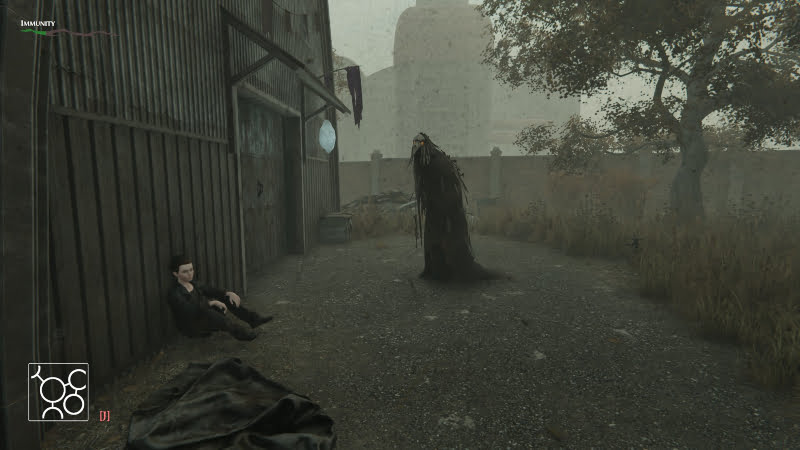
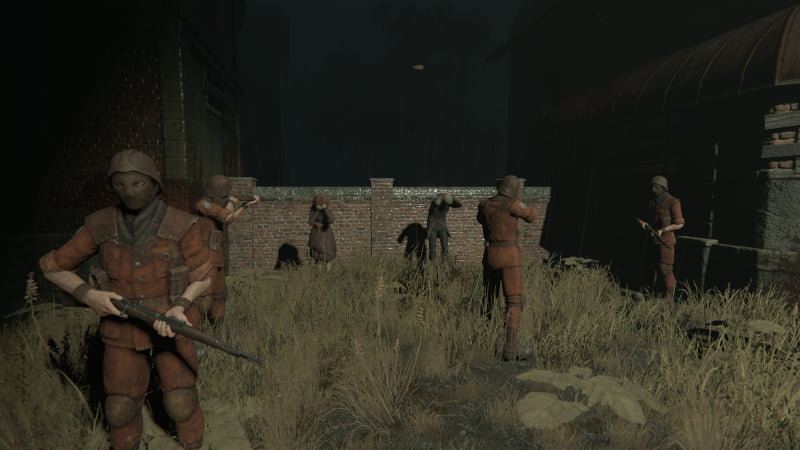

The “moral choices” are a great example. I use inverted commas here because Pathologic’s use of action and consequence never feel bound to what’s good or bad. Everything is about the lesser of two evils, and with every one of the town’s major players at risk of dying, you need to seriously consider not only who you want to live, but who needs to live to for the good of the town. It makes you consider what’s right over what’s compassionate, especially as the latter rarely benefits the fight against the plague.
Many of these choices lead to devastating results: characters will die, districts will be hit by disease, and your relationship with certain allies will dwindle. It’s a tremendous mechanic that makes you consider the importance of every villager rather than your personal allegiances.
There’s also the game’s absurd story, which darts between questioning existentialism and philosophy to placing you in lengthy conversations with ghost rats and mythical steppe clay monsters. It feels like a David Lynch movie crossed with European folklore, the bizarre dialogue and wacky monsters crafting a story that’s more about deep-rooted themes than a traditional narrative. Pathologic’s dreamlike introduction is a great example of this, seeing you travel through time, walk through a house of masked, shape-shifting creatures. You even encounter a god-like bull the size of a two-story house. It’s a superb opener that establishes the game’s tone and themes beautifully, taking you on your first surreal adventure in Pathologic’s irrational world.
With all this in mind, it’s still difficult to recommend Pathologic 2 whole-heartedly. It’s a dense, unforgiving and inaccessible game that feels built for a specific, hardcore audience. That said, if you give the game time and are open to its arduous learning curve, you’ll find that Pathologic 2 is one of the most interesting, unique and rewarding experience you’ll sit down with all year.
Only you’ll know if you have the patience for it, but if you do, it’s like nothing else.
Game: Pathologic
Platform: PC (reviewed), PS4, Xbox One
Developer: Ice-Pick Lodg
Publisher: TinyBuild
Release Date: May 23, 2019
